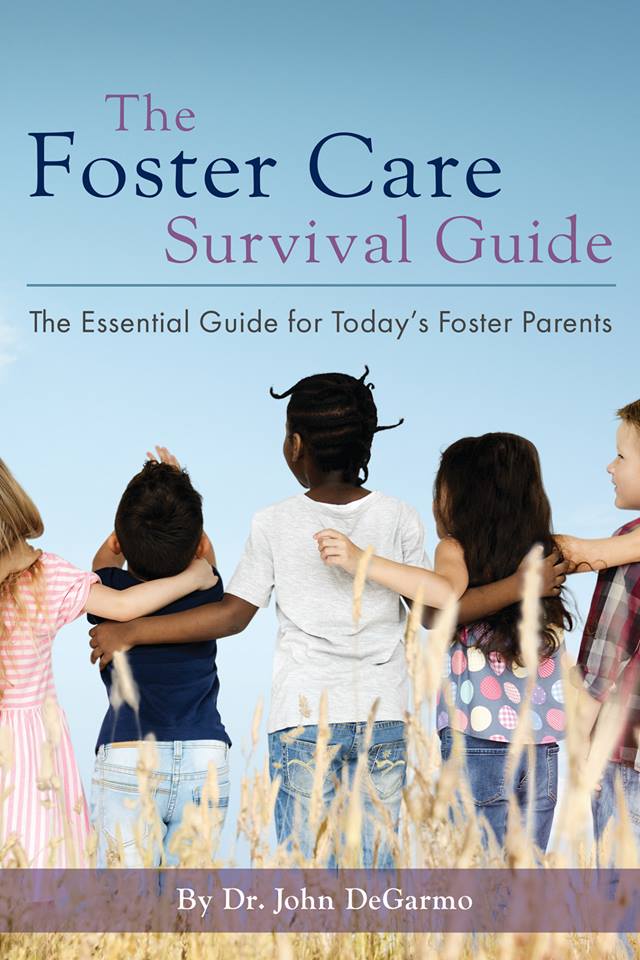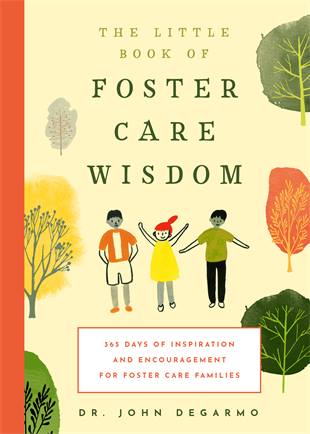
I am so very blessed, on so many levels, to be married to my wife, Dr. Kelly DeGarmo. She is the light of my life, and I am such a better person because of her. I recognize that I married far up my position. There is no doubt that I could never do all that I do without her support and her strength. We both work hard to make our marriage as perfect as it can be, and we both work hard to support each other in all we do.
Every marriage and relationship need both partners to put work into it, if the relationship is to be a healthy one. How does that happen? Well it will be absolutely necessary that you spend some alone time with your partner as much as you can. Yes, this can be hard, and it is something that my wife and I struggle with at times to do, as well. Yet, there are ways to do this. A great way to do that is to have a Date Night once a week, or once a month. Go see a movie, go out to dinner, go shopping together. If you are like my wife and I, and it is simply not possible, maybe a quick lunch together alone, on your back porch, some prayer and meditation time together, a walk around the neighborhood for just the two of you. Just make sure you do something together that involves just you and your partner, with no children involved. I am talking a Child Free Time, my friend. This time alone is important, as you can share your concerns, desires, hopes, and wants, not only as a foster parent, but as a married couple. It is important and it is essential that you have one on one time with your spouse, your partner, and your best friend, if you wish to make your marriage a healthy and strong one. If you do not, your marriage will suffer, and perhaps even come to an end.
Maria, a veteran foster parent, recently told me that she and her husband make time to have talk to each other every day. The two do this late at night, sitting at the dining room table with some cups of coffee, after all the kids have gone to bed. The two talk about the challenges before them, schedules and appointments, future plans, and the personal struggles they might be experiencing.
Maria and her husband are right. Communication is so important to a strong marriage. Many marriage experts will tell you that it is the key tool for a happy and successful marriage. You and your spouse need to make sure that the lines of communication are freely and honestly open between the two of you. Be honest with her about what is bothering you and bringing you stress. Tell him about the doubts or concerns you might be feeling and experiencing. Share with your loved one what’s on your mind and in your heart. If you are on the listening end, make sure you listen with an open mind, and with full attention. If something is bothering you, share this concern with your loved one. When your spouse is sharing their concerns with you, be sure to listen; simply listen.
So, when your spouse or partner come to you with a question, concern, or just wants to talk, turn the TV off, power down the computer, and put the phone on silent and in your pocket, look them in the eye and just listen. This will go a long way in not only strengthen your marriage and relationship, but bring the two of you closer together.
Join the thousands who receive Dr. DeGarmo’s FREE foster care newsletter. Simply fill out the form below.
United and Together
There will be those children who will test you and your spouse. They want to see if the two of you are in agreement together on such things as bed time, homework, socializing with their friends, online devices and social media, and issues of discipline. Yes, some children want to see if the two of you are together in your parenting, or if they can play one against the other. Therefore, it is important that the two of you are consistent with your parenting. When it comes to issues of child rearing, discipline, and other issues that relate to our foster parenting, it is necessary that you and your spouse try to be in agreement with these issues. Additionally, there will be those times when you need to recognize that the two of you can be flexible on some issues.
Along with this, do not take your foster child’s behaviors personally. Keep in mind that his behavior is a learned one, probably from the environment that he came from previously. Your foster child is behaving the way he was taught and allowed before he came to live with you. It will likely take some time and effort to change his misbehavior, poor habits, and disruptive manners. Indeed, you may never be able to completely curb him from this type of negative behaviors. Again, do not take this personally, as these learned traits may be deeply ingrained within him, and were reinforced by his previous home for a long period of time, even years. Do not let his behaviors affect you and your marriage. You were married before the child came to you, and your marriage should last after he leaves you. The child is placed in your home for a temporary time. Hopefully, your marriage will last a life time.
(Excerpt from The Foster Care Survival Guide: The Essential Guide for Today's Foster Parents)
-Dr. John
Want MORE about this? Order your signed copy of the new book The Foster Care Survival Guide. Order your special copy HERE.






 RSS Feed
RSS Feed